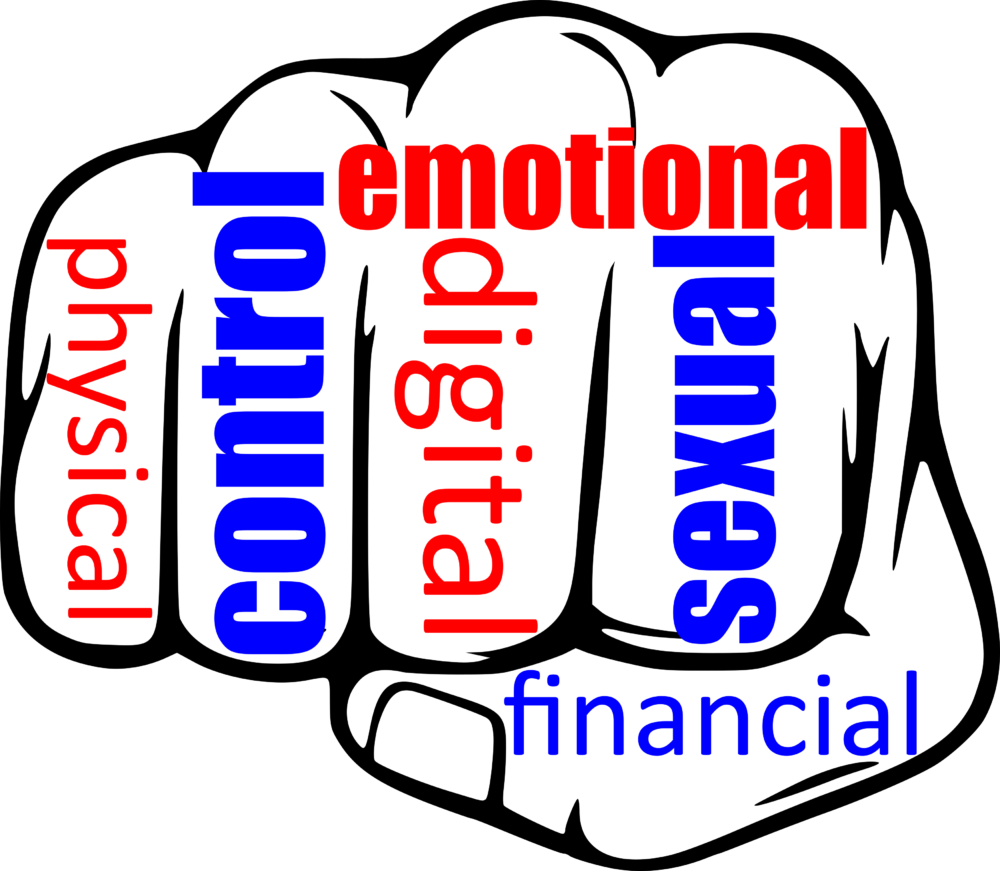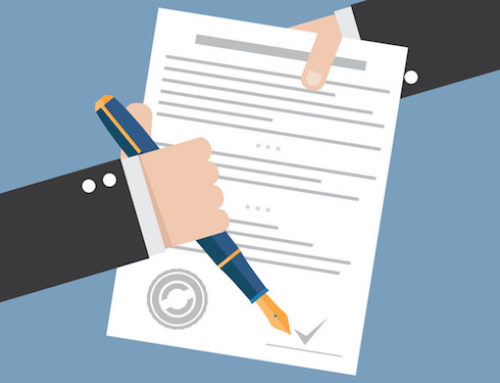Domestic violence is not a pretty topic; in fact, most people would prefer to remain naïve on this subject and that is the problem. Domestic violence is an issue affecting an increasingly large number of people every day, and if it is not something that has affected you personally, chances are there is someone in your life touched by the effects of domestic violence.
Domestic violence doesn’t discriminate; people of all races, ethnicities, socioeconomic statuses and genders are affected. Yes, you read that correctly; this isn’t a problem solely affecting women.
Ultimately, domestic violence is all about control; be that physical, emotional, financial, sexual, or digital control.
This violent behavior typically begins between the ages of 12 to 18. This means that domestic violence isn’t contained in adult relationships. In fact, one in three adolescents in the U.S. is a victim of physical, sexual, emotional or verbal abuse from a dating partner, a figure that far exceeds rates of other types of youth violence. The issue is so prevalent that girls and young women between the ages of 16 and 24 experience the highest rate of intimate partner violence — almost triple the national average, leading to serious outcomes: higher risk for substance abuse, eating disorders, risky sexual behavior, and further domestic violence1.
Recognizing these acts as abuse may not be easy, but it is the first step in getting help. Even once the abuse is recognized, getting help may not be as simple as it seems. If you know someone in an abusive relationship, recognize that they might be experiencing conflicting emotions, pressure, distrust of others, and they may even rely financially on their abuser. That doesn’t mean that getting out of the relationship is impossible, it just means that you need to support your friend and recognize the full scope of what they are experiencing.
October, being Domestic Violence Awareness Month, is a perfect time to shed some light on this issue and what you can do to help.







